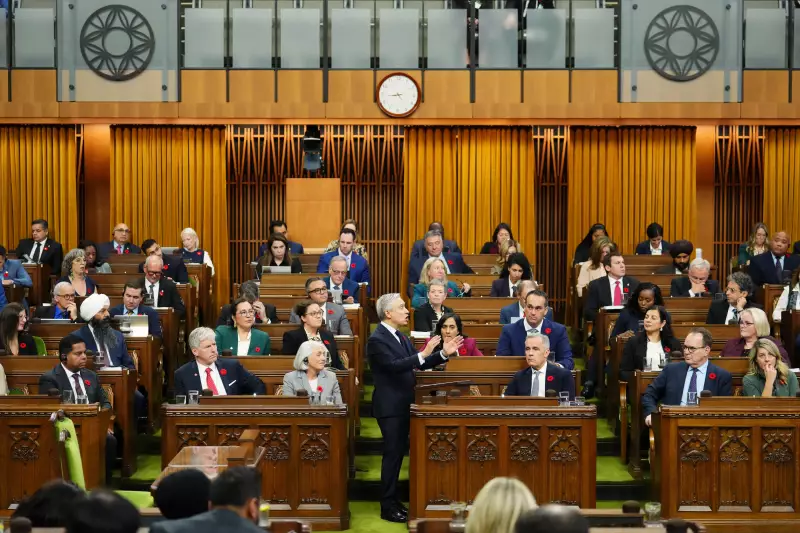
Canada's political landscape faces unprecedented uncertainty as the current minority Parliament teeters on the brink of becoming one of the most fragile governments in the nation's history. According to political commentator James Moore, the situation could deteriorate to a mere one-seat margin, creating significant challenges for governance and legislative progress.
The Precarious State of Canadian Governance
The federal Parliament, already operating as a minority government, faces additional pressure as political tensions continue to mount. James Moore's analysis highlights how this delicate balance could shift toward an even narrower margin, potentially reducing the government's working majority to just one seat. This scenario would represent one of the most challenging parliamentary situations in modern Canadian politics.
The timing of this political uncertainty coincides with recent key government activities, including Finance and National Revenue Minister Francois-Philippe Champagne's delivery of the federal budget speech on November 4, 2025. This budget presentation occurred in the House of Commons on Parliament Hill in Ottawa, setting the stage for crucial parliamentary debates that could test the government's ability to pass essential legislation.
Implications for Legislative Progress
A single-seat margin would dramatically alter how the government approaches its legislative agenda. Every vote would become critical, with the potential for parliamentary deadlock on key issues ranging from economic policy to social programs. The government would need to negotiate constantly with opposition parties to ensure the passage of even routine legislation.
This political fragility comes at a time when Canadians are facing numerous pressing issues, including economic concerns and healthcare challenges. The government's ability to address these matters effectively could be compromised by the constant need to secure support across party lines for each legislative initiative.
Historical Context and Future Scenarios
While minority governments are not uncommon in Canadian politics, a one-seat margin would represent an extreme case of parliamentary fragility. Historical precedents suggest that such narrow margins often lead to increased political maneuvering, more frequent confidence votes, and potential early elections.
Political observers are watching carefully how the government navigates this challenging environment. The situation requires careful management of House proceedings and strategic planning around key votes. The potential for unexpected absences or changes in party allegiance could create immediate crises for the government's legislative agenda.
As James Moore's analysis suggests, all political parties will need to approach this delicate situation with careful consideration of both short-term tactical advantages and long-term consequences for Canadian governance and political stability.






